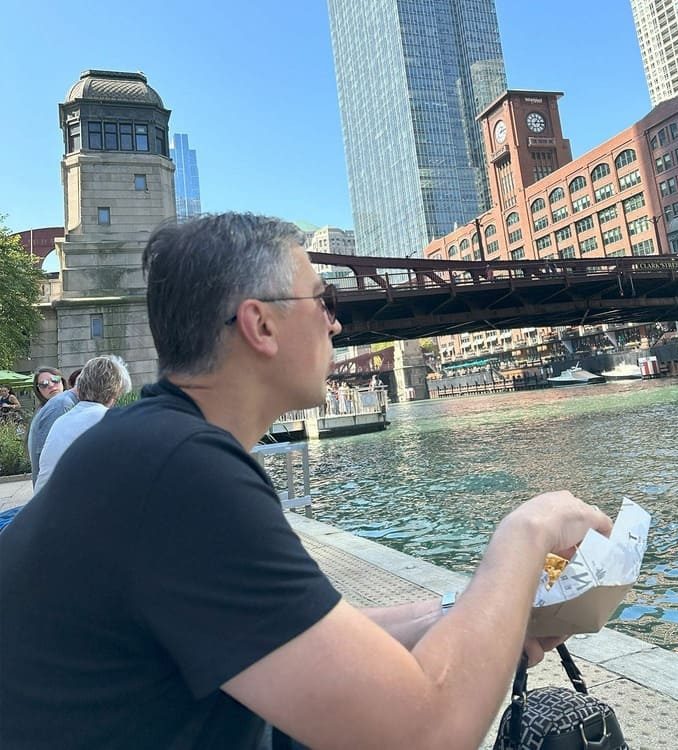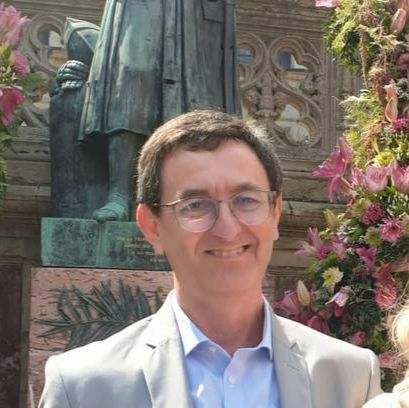Got talents, achievements and ambitious goals? We will help you create a personal brand and get a scholarship to study at the best universities in Germany.
Germany is one of the best countries to study abroad and is steadily gaining popularity around the world for its quality education and career prospects.
Our team will help you find a scholarship program in Germany, guide you through the admissions process and support you every step of the way so you can focus on your academic goals and pursue them with confidence.












